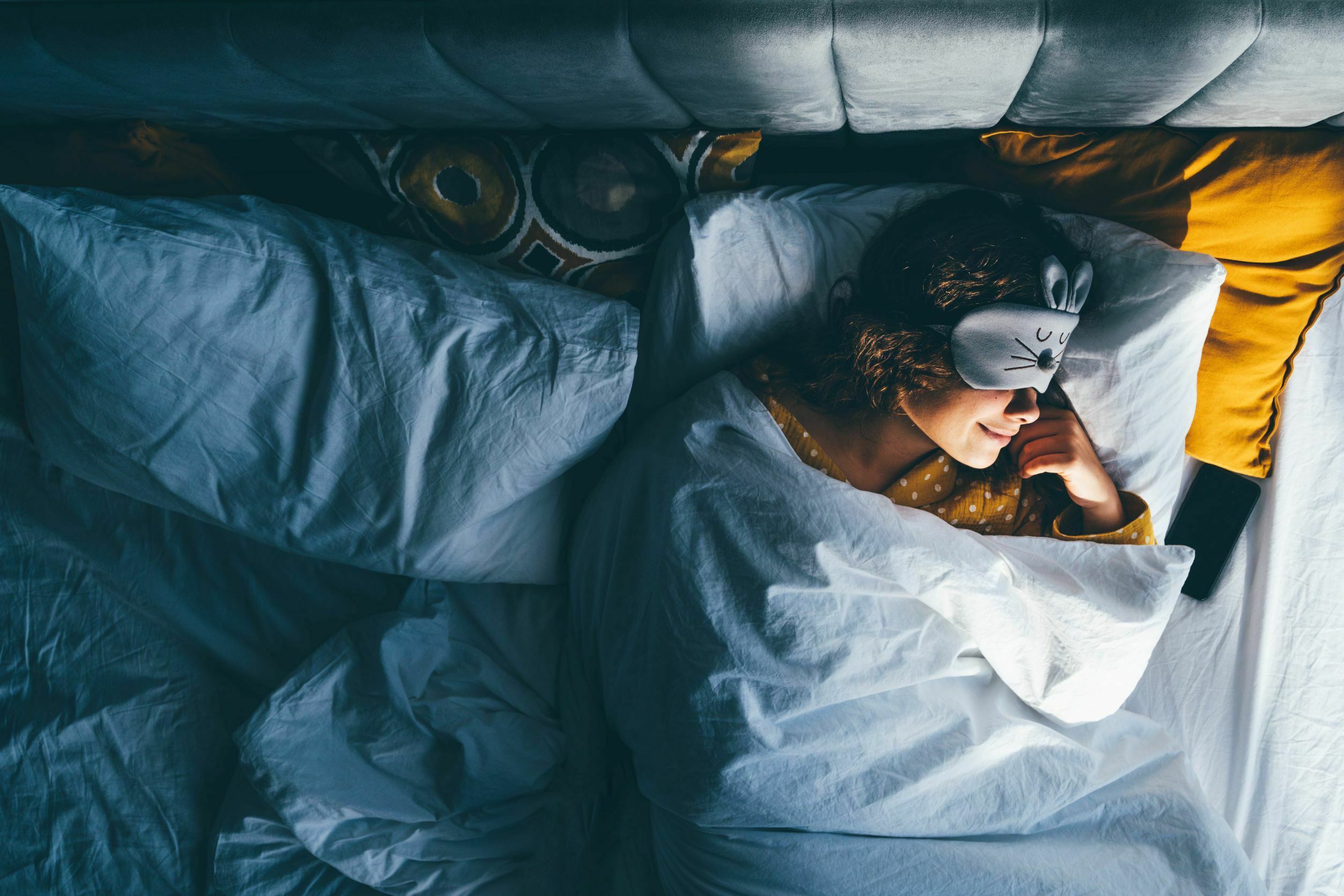Most people say that we really need seven, eight, or more hours of sleep on a regular schedule each night. But actually, it is not all about total hours of sleep but the quality of sleep each night, so you will recover and be ready for the next day’s activity.
Sleeping each night helps the body heal itself, activates the immune system, and gives your heart a break. Beyond that, sleep experts are still trying to learn more about what happens once we fall asleep. These are the 12 facts about sleep that you may not know.
1. Losing just an hour of sleep could give a big impact
The number of fatal heart attacks rises when we lose an hour of sleep. The risk of heart attack lowers when we gain an hour of sleep. It simply means that losing just one hour of sleep can have an important impact on your health.
2. It takes 10-20 minutes to fall asleep
The normal range of minutes to fall asleep is between 10-20 minutes after going to bed. If it takes you less than five minutes to fall asleep, it shows that you are exhausted and sleep-deprived. Every night, you must practice good sleep hygiene to assist your body in falling asleep quickly. Before bedtime, you need to set a routine for your sleep schedule, like putting your gadgets and other bright technology away for 30 minutes.
3. Struggle in sleeping is not just a human problem alone
Evidence shows that animals, and even insects, can experience insomnia. When they are sleep deprived, they are more likely to experience losing balance, like gaining more fat and learning more slowly, the same sufferings and effects as humans.
4. Bright screens can affect your circadian rhythm
Healthy sleep hygiene, like a good habit of putting your phones away before bedtime, is highly recommended to prepare yourself for the time to rest. The natural light and dark cycle of the day helps your body know when it is time to be awake and alert and when it is time to shut down and get some rest. If your eyes are constantly exposed to bright lights like those on the screens of your phones, TV screens, video games, and more, this will gradually give your eyes a hard time sleeping.
5. You should always consider taking a nap
A short nap, like twenty to thirty minutes, is advisable and recommended for the purpose of short-term alertness without feeling too groggy to get back to your day instead of giving your body back just like recharging a bit.
6. Sleep deprivation will kill you more quickly than food deprivation
Sleep is more important than food in the short term. Sleep deprivation can be dangerous and lethal once you start making this a habit. Feeling tired can feel normal after a short time. Those people deprived of sleep for research initially noticed the effects on their alertness, mood, and physical performance, but the awareness dropped off after the first few days.
7. Sleeping on your front can aid digestion
Hands should apparently be placed above the pillow to create a “freefall” position, and lying on your left side can help reduce heartburn.
8. 24-hour internet access is one of the biggest sleep distraction
Experts say one of the most alluring sleep distractions is the 24-hour accessibility of the internet. Having an internet connection will just give you a loss of focus, lead you to uncontrollable direct accessibility to your gadgets, and offer temptations like continuing watching the video and following social media platforms, which will deprive you of sleep.
9. Avoid the habit of compensating the missed hours of sleep
According to a study, sleeping extra to compensate for the missed sleep times decreased reaction times and the ability to focus. It simply means that you need to practice good sleep hygiene and get 7-9 hours of sleep as recommended.
10. Exercise may be helpful or not
Regular exercise will help improve your sleep patterns, but strenuous exercise right before bed may keep you awake.
Takeaway
Through these facts, some questions that keep bothering the minds of most people are getting clearer. Enough sleep is essential for maintaining optimal health and total well-being. When it comes to their health, sleep is vital and always a part of a healthy lifestyle.
References
- 18 Interesting Facts You (Probably) Didn’t Know About Sleep | Sleep Study, Sleep Clinic | Valley Sleep Center | Arizona. (2014, January 15). Sleep Study, Sleep Clinic | Valley Sleep Center | Arizona. https://valleysleepcenter.com/18-interesting-facts-probably-didnt-know-sleep/.
- The National Sleep Research Project – 40 Amazing Facts About Sleep. (n.d.). The National Sleep Research Project – 40 amazing facts about sleep. https://www.abc.net.au/science/sleep/facts.htm.
- 12 Fun Facts About Sleep To Help You Catch Zzz’s| ZzzQuil. (n.d.). 12 Fun Facts About Sleep to Help You Catch Zzz’s| ZzzQuil. https://www.zzzquil.com/en-us/article/12-fun-facts-about-sleep.
- 22 Interesting Facts You Didn’t Know About Sleep – The Sleep Matters Club. (2019, May 7). The Sleep Matters Club. https://www.dreams.co.uk/sleep-matters-club/25-facts-about-sleep/.
- 22 Facts About Sleep That Will Surprise You – Cleveland Clinic. (2021, March 1). Cleveland Clinic. https://health.clevelandclinic.org/22-facts-about-sleep-that-will-surprise-you/.
- Why Is Sleep Important? 9 Reasons for Getting a Good Night’s Rest. (n.d.). Why is sleep important? 9 reasons for getting a good night’s rest. https://www.medicalnewstoday.com/articles/325353.








